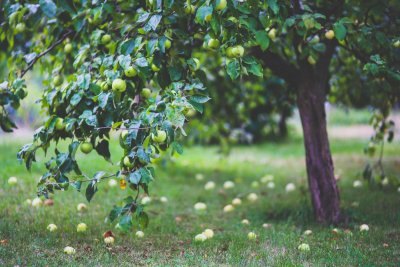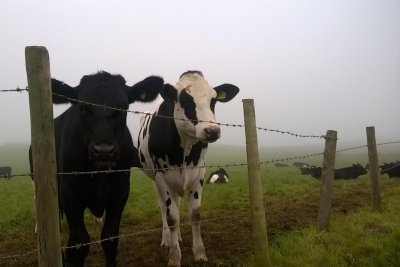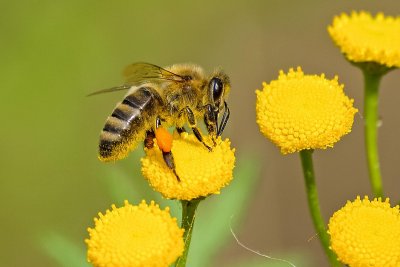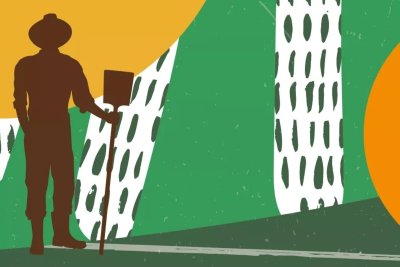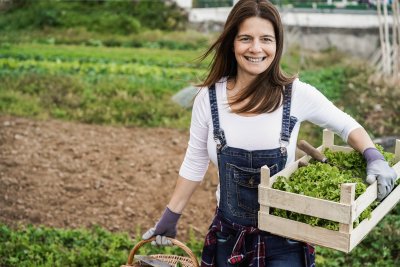News • Sustainable Farming Campaign
Antibiotic-resistance crisis
The Alliance to Save Our Antibiotics welcomes a new Lancet Infectious Diseases report ‘Antibiotic resistance – the need for global solutions’ by 26 leading international scientists, is calling for immediate action to be taken in human and veterinary medicine to deal with the growing crisis of antibiotic-resistance [1][2].
The startling new report highlights for the first time the link between the overuse of antibiotics in agriculture and the bigger issue of overuse in human health. It shows that any increase in antibiotic resistance in farm animals is likely to spread to humans [3], and will also impact negatively on animal welfare, leaving some diseases without adequate treatment [4]. This may ultimately impact on farm productivity and food security. This is the first international report of its kind to recommend action including the phasing out of routine preventative use of antibiotics, a call for change in animal husbandry and the ‘development of health-orientated systems for rearing of animals’ which do not rely on high levels of antibiotic use.
Earlier warnings have suggested that antibiotic resistance is threatening achievements in modern medicine such as major surgery, organ transplantation, treatment of preterm babies, and cancer chemotherapy.
The scientists say that action needs to be taken immediately, “A way forward would be to acknowledge that human health, animal health, and the environment are all interlinked, and that the responsibility for dealing with the problems of resistance is shared by all stakeholders.
“The common goal should be to preserve the effect of antimicrobials for future generations of human beings, but also for animals. Antimicrobials should only be used when needed.
“Without effective treatment of serious diseases, mortality and morbidity would increase with negative effects on animal welfare. In the rearing of animals for food production, there would also be consequences for productivity and economy.
“Eventually, the spread of resistance [in farm animals] could lead to a local food security problem with negative effects on public health.”
The Antibiotic Alliance is making three recommendations to the Government in the light of today’s call for action from scientists:
- Defra and Department of Health scientists accept that antibiotics are used in farming primarily for commercial reasons, to deliver cheaper meat and milk. The Antibiotic Alliance believes that the UK Government, by failing to act on antibiotic resistance, is giving more importance to narrow commercial interests than to the future of medicines vital for people and animals, and the Government must put animal and human health first.
- The Government and the UK Veterinary Medicines Directorate said earlier this year that they don't approve of routine preventative use of antibiotics, but many antibiotics are still licensed for preventative use in herds or flocks of animals where no disease is present. It isn't enough to disapprove of feeding groups of healthy animals antibiotics, the Government must make it illegal.
- Large number of animals kept in intensive, unhygienic conditions will inevitably become sick. Improving antibiotic regulation is important, but the Government and farmers must work together to improve animal husbandry if we want to reduce antibiotic use without causing welfare problems.
Tom MacMillan, director of innovation at the Soil Association on behalf of the Alliance to Save Our Antibiotics said,
“This startling new report shows that the routine use of preventative antibiotics in farm animals is something that needs to be phased out for the good of both animals and humans. The Alliance to Save Our Antibiotics fully backs this dramatic call for political and industry leadership for healthier animal husbandry in order to avoid the risk of slipping back into the pre-antibiotic era.
This comprehensive report shows that we all must take responsibility for the antibiotic-resistance crisis. Doctors, vets, patients, farmers and consumers can all play their part. The role of politicians and regulators, however, is key to achieving real progress. If there was a cause for politicians to stand up and be counted, it is in backing every effort to avert this impending crisis of antibiotic resistance.”
NOTES TO EDITORS
- The Alliance to Save Our Antibiotics was formed by Compassion in World Farming, the Soil Association and Sustain to raise awareness about the growing threat of antibiotic resistance passing from food animals to humans.
- Laxminarayan et al., 2013. Antibiotic resistance – the need for global solutions, Lancet Infectious Diseases, November 17
- This is particularly the case for salmonella, campylobacter and for some strains of MRSA, but is very likely to be occurring for E. coli and enterococci as well.
- In the UK, outbreaks of swine dysentery which are resistant to all licensed veterinary antibiotics are already occurring, see http://www.vmd.defra.gov.uk/pdf/darc_MinsMay11.pdf
- The Soil Association runs workshops to help farmers find practical ways to keep their animals even more healthily and use fewer antibiotics through the Duchy Originals Future Farming programme. Find out more: http://www.soilassociation.org/innovativefarming/duchyoriginalsfuturefarmingprogramme/antibioticuse
Published Sunday 17 November 2013
Sustainable Farming Campaign: Sustain encourages integration of sustainable food and farming into local, regional and national government policies.
